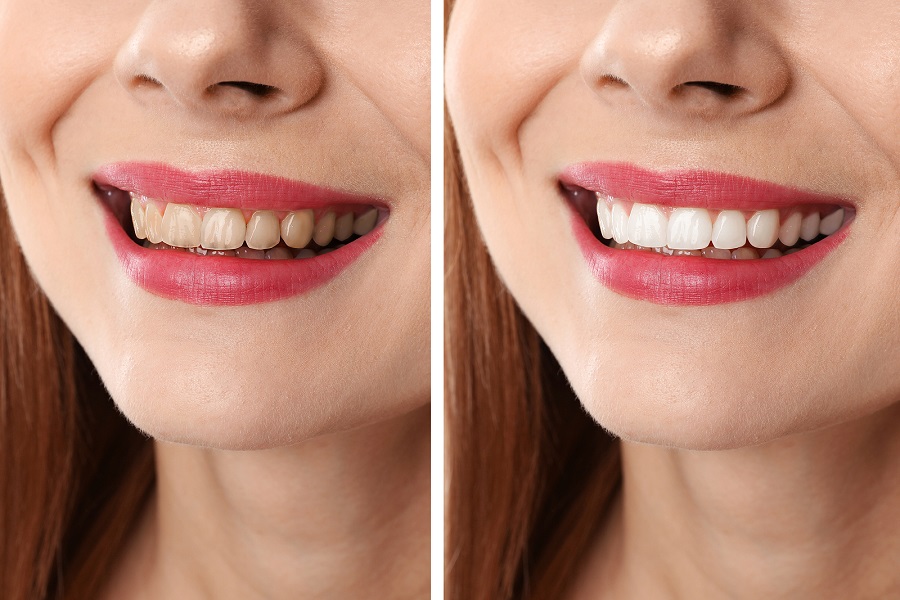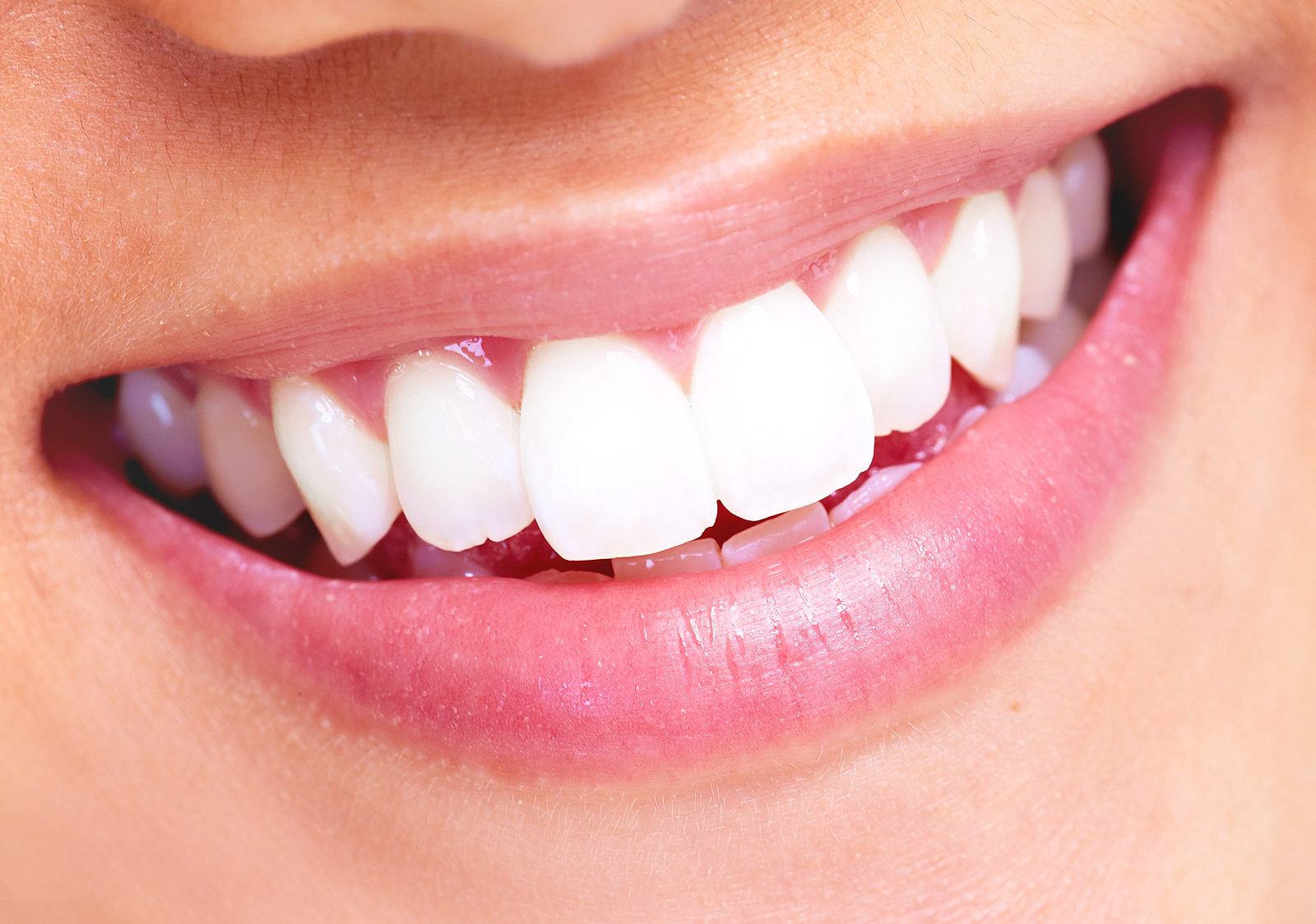5 DENTAL HYGIENE MYTHS
Good dental hygiene is important, but you may not be taking proper care of your teeth even if you think you are. That’s because there are many common dental hygiene myths that could be putting your smile at risk. Some of the things you’ve always been told about taking care of your teeth aren’t necessarily true. Here are five myths about dental hygiene you may not know, and that might make you change your habits.
1). FLOSSING DOESN’T MATTER THAT MUCH
There’s a pretty big argument about this one. Some studies have shown that flossing doesn’t make an appreciable difference in people who have plenty of fluoride in their water and toothpaste, while other studies have shown that people who floss have a much lower chance of getting gum disease and cavities. While the jury is still out, the idea that flossing isn’t very important does seem to be a myth for most people. Even if you have a lot of fluoride that comes in contact with your teeth, flossing can still help keep your teeth cleaner and remove bits of food that can cause bad breath. It may also reduce the risk of cavities, so keep flossing. It does matter.
2). SUGAR IS RUINING YOUR TEETH
It’s not a myth that sugar isn’t good for your teeth, but that doesn’t mean you can’t have sugar, or that nothing else is going to cause cavities. People who eat a lot of sugar but take good care of their teeth can have fewer cavities than people who don’t eat much sugar but don’t bother to take care of their teeth by brushing, flossing, and seeing their dentist regularly. Limiting the amount of sugar you consume can be a good thing for a lot of reasons, but if you take the time to care for your teeth properly you won’t have too many worries about sugar hurting your teeth.
3). WHITER TEETH ARE HEALTHIER
While white teeth look clean and pretty, they aren’t necessarily any healthier than teeth that are darker. Everyone is different when it comes to their teeth, and some people just naturally have darker teeth than other people do. There’s nothing wrong with that, as long as their teeth don’t have cavities or other problems. If you want to whiten your teeth you can certainly do that, but it’s not always necessary unless you just don’t like the color. As long as you take good care of your teeth and they are strong and without problems (cavities, gum disease, pain, or other issues), the color isn’t really an indication of healthy or unhealthy teeth.
4). BRUSHING BLEEDING GUMS IS BAD
If your gums are bleeding it can be an indication of periodontal disease, but that’s not always the case. Hormonal changes, hard pieces of food, and other things can cause gums to bleed occasionally. How much they’re bleeding, how frequently, and whether it’s all over or just in one or two spots can all matter. If you brush too hard, you can also cause your gums to bleed. That doesn’t mean you shouldn’t brush your gums, though, even if they bleed a little when you do so. Brushing them carefully with a soft bristled toothbrush can help keep your gums cleaner, and – along with proper tooth care – can improve your oral health. When you’re brushing your teeth don’t ignore your gums. Just treat them carefully, so they stay as healthy as possible.
5). YOUR FILLINGS NEED REPLACED AS YOU AGE
Fillings do have a “shelf life” in the sense that many of them won’t last forever. If you get a filling when you’re very young and live into your 70s or 80s, you may need to have it replaced along the way. That’s not always true, though. A lot of factors affect whether you’ll need to have a filling replaced. The kinds of food you eat throughout your life, how you take care of your teeth, and how well the original filling was done all matter. If you do need a filling replaced, newer products and materials can help ensure that filling will last a very long time, so you probably won’t need replacement of that same filling again in the future.






















0 comments